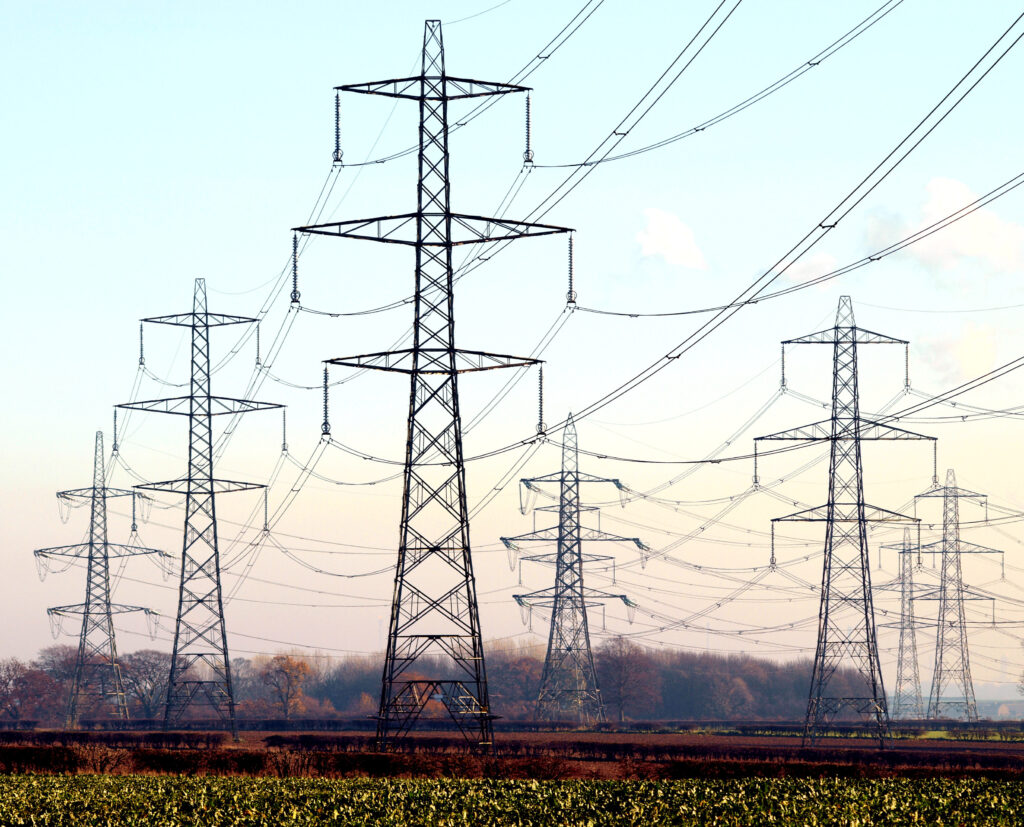Durable economic recovery must align with climate and clean growth ambitions as the country moves beyond COVID-19, according to a new report by the Aldersgate Group.
Stimulating greater investment in low carbon infrastructure such as electric vehicle (EV) charging would deliver high short run economic growth multipliers, according to Rebuilding to Last, which was commissioned by the Grantham Research Institute, London School of Economics and Political Science.
It sets out a four point plan for the government to promote a green recovery, including developing a programme of near-term public investments. This would help stimulate job creation across a host of regions, and support the rollout of EV charging infrastructure along with energy efficiency and ‘networks of the future’.
Secondly, the government should create a new National Investment Bank that could establish a clean infrastructure pipeline. It should have £20 billion in paid capital, and focus on crowding private investment on complex areas like carbon capture and storage.
Additionally, the Aldersgate Group writes that the COVID-19 pandemic has highlighted that power needs to be devolved from Whitehall for such investment, allowing regions to manage it.
A ‘low carbon skills and levelling up strategy’ should be brought in by the government, including embedding sustainability throughout the educational curriculum to aid the future workforce.
Finally, “bold and comprehensive policies” should be brought in to drive long-term private sector investment in low carbon infrastrucuture. This includes setting the carbon price at £40 per tonne, and then increasing it to ensure it aligns with the European emissions trading scheme, and bring forward the 2027 target of spending 2.4% of GDP on R&D to support large scale demonstration projects.
Nick Molho, executive director of the Aldersgate Group, cautioned that the UK did not seize the opportunity to transform the economy after the 2008 financial crisis.
“Twelve years on, there is mounting economic evidence that a recovery plan based on investment in low carbon infrastructure and industries is one of the most effective ways of creating jobs in the near term and driving greater productivity, innovation and resilience in the long-term.
“The government has rightly committed some of its early stimulus spending in areas such as energy efficiency but it must now move to make key policy commitments in areas such as carbon pricing, clean transport, low carbon heating and industrial decarbonisation if it is to deliver lasting and positive change.”
The report follows an earlier report from the Aldersgate Group, which called on the government to take advantage of the ‘historic opportunity’ the COVID-19 recovery offers.
James Rydge, policy fellow at the Grantham Research Institute and co-author of the report, said that it was important for institutional reform to take place, to “expand capacity, rebuild the economy for the long term, create new opportunities for all and manage long-run risks”.
“This requires building a credible industrial strategy to drive the investment forward, rolling out efficient networks on energy, communications and transport and ensuring that all this investment is compatible with a low-carbon economy.
“The private sector can drive much of the investment that is needed but it is seeking clarity and certainty from government to start investing again. If adopted, the recovery package this paper sets out will plug important institutional and policy gaps and provide the private sector with the clarity and confidence it needs to invest in productive assets that improve labour productivity and grow jobs now and over the long term.”





